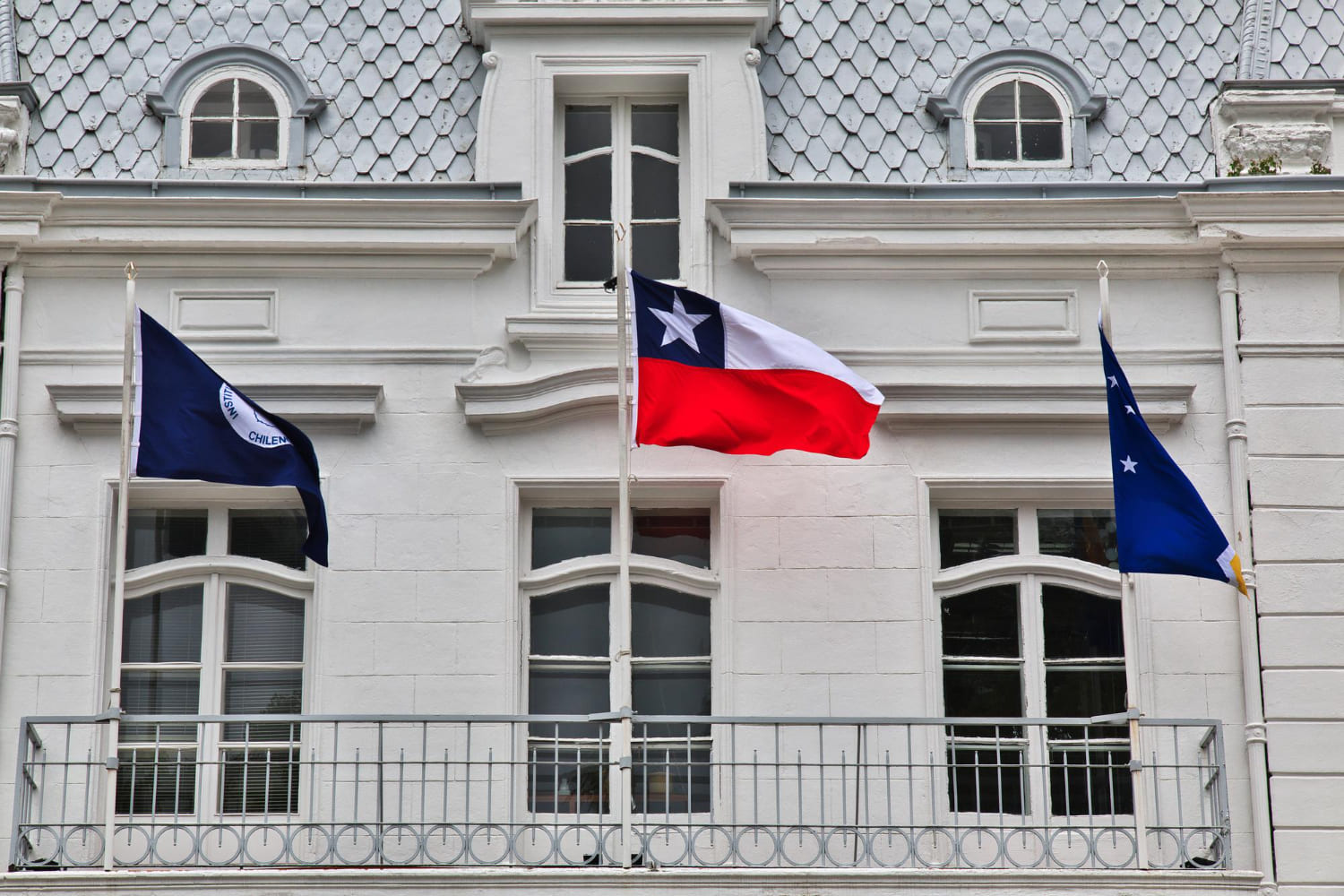The adoption of blockchain technology and asset tokenization is advancing at a rapid pace, but the real engine driving its global development is the existence of a clear, consistent and innovation-friendly legal framework.
Some countries have already established themselves as regulatory benchmarks, establishing specific rules for cryptoassets, DLT infrastructures and token issuance with legal backing. In this article we show you relevant information about blockchain regulation in Chile, which you can use as a guide if you are looking to operate internationally or evaluate different strategic locations.

Current legislation on blockchain and virtual assets in Chile
Law No. 21.521 (Fintech Law Chile)
Enacted in 2023, this law regulates technology-based financial services, including intermediation and custody of cryptoassets. It defines registration and authorization requirements for Financial Services Providers, establishes prudential, governance and transparency rules, and reinforces AML/CFT obligations. Supervision is the responsibility of the Financial Market Commission (CMF).
Securities Market Law (DFL No. 3/1998)
Tokens representing negotiable securities (stocks, bonds, debt) are regulated under this law and require prior authorization from the CMF. Issuers and platforms that operate with this type of tokens must comply with the same requirements as traditional financial instruments, including prospectus and investor protection rules.
General Rule No. 502 (CPM)
Published in 2021, this rule establishes that the issuance, offering and trading of tokens that qualify as securities is subject to the Securities Market Law, regardless of the technology used. It introduces the principle of technological neutrality and requires issuers to assess the legal nature of the tokens, ensuring that security tokens comply with the applicable regulation.
AML/CFT Regulations of the Financial Analysis Unit (UAF)
Chilean AML/CFT regulations fully apply to cryptoasset service providers. Registered VASPs must implement controls for customer identification, transaction monitoring and suspicious transaction reporting to the UAF, in line with FATF recommendations.
CMF Sandbox
Chile has a financial sandbox operated by the CMF, which allows startups and innovative companies to test blockchain solutions and business models based on digital assets, including asset tokenization, in a controlled environment. The sandbox facilitates the development of such projects and the adaptation of the regulatory framework to new technologies.
Tokenization makes it possible to digitally represent real-world assets through blockchain, but for it to have legal value, it is essential that there is a regulatory framework that recognizes this operation. Chile adopts its own approach, establishing specific rules for the issuance, custody or trading of tokens. In this block we explain how asset tokenization is regulated from a legal point of view, taking an advanced jurisdiction such as Chile as an example.
Regulation of asset tokenization in Chile
Regulatory agencies and authorities for digital assets in Chile
Financial Market Commission (CMF)
It is the authority in charge of regulating the financial markets in Chile. It supervises Financial Service Providers under the Fintech Law, as well as the issuance and trading of tokens that qualify as tradable securities. The CMF operates the regulatory sandbox, issues prudential and governance rules, and coordinates the development of standards for the digital asset ecosystem.
Financial Analysis Unit (UAF)
It is the national authority for the prevention of money laundering and terrorist financing. Supervises compliance with AML/CFT obligations by VASPs and token issuers. Requires KYC controls, transaction monitoring and suspicious transaction reporting. Works closely with the CMF to strengthen supervision of the sector.
Central Bank of Chile
The Central Bank of Chile does not directly regulate cryptoassets, but plays a relevant role in monetary policy and in the evaluation of the impact of tokenization. It leads the study on an eventual issuance of a CBDC (digital peso), which could be integrated in future DLT-based ecosystems. It also establishes the principles for the regulation of digital means of payment.
Launching a business based on digital assets requires more than just technology: it is also necessary to comply with legal requirements such as licensing, registration and regulatory obligations. These conditions ensure that the business model is viable and sustainable over time, and that it complies with transparency and fraud prevention standards. In this section we explore what licenses are usually required and what compliance criteria blockchain companies operating in Chile must follow.

What licenses and requirements are needed to operate with cryptoassets in Chile?
Registry of Financial Service Providers
Since the entry into force of the Fintech Law, virtual asset service providers (VASPs/PSAVs) are required to register with the CMF. This registration includes the submission of documentation on governance, operational structure, AML/CFT procedures and consumer protection mechanisms. Registration is an indispensable requirement to operate legally in Chile.
CMF authorization for securities tokens
Issuers of tokens representing negotiable securities and secondary trading platforms must obtain express authorization from the CMF. These issuers must comply with the Securities Market Law and General Rule No. 502, including prospectus filing, transparency in the offering and investor protection rules.
AML/CFT compliance
All VASPs and token issuers in Chile must implement robust systems to prevent money laundering and terrorist financing. This includes KYC controls, transaction monitoring, identification of beneficial owners and reporting suspicious transactions to the UAF. AML/CFT compliance is mandatory for all entities operating in the digital asset ecosystem.
Are you exploring developing your blockchain project in Chile?
At Metlabs we help companies like yours and offer comprehensive support in the development of blockchain projects and tokenization of assets such as real estate, carbon credits, commodities, intellectual property, financial instruments, franchises and more, fully aligned with blockchain regulation in Chile and international regulatory standards.
Contact us and find out how we can help you meeting all your business model needs, from technical validation and structuring to design, development and implementation of custom blockchain solutions, ready to scale from day one.



